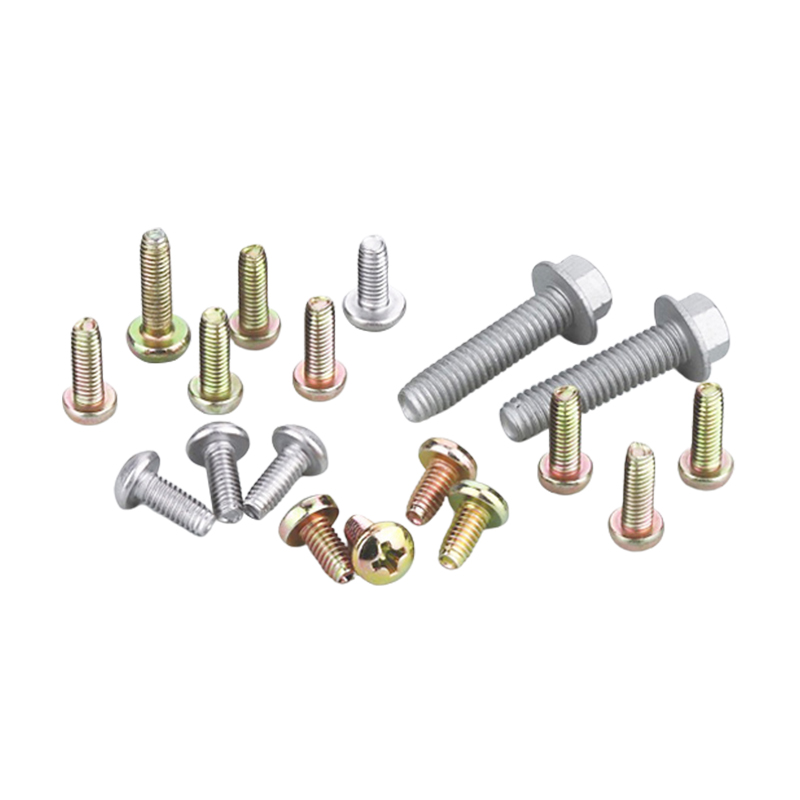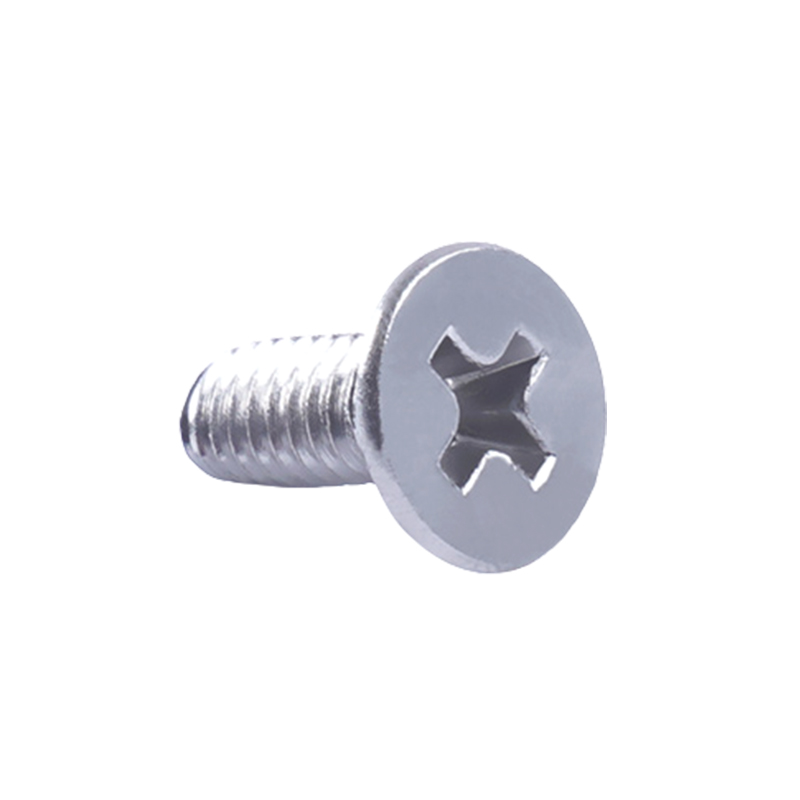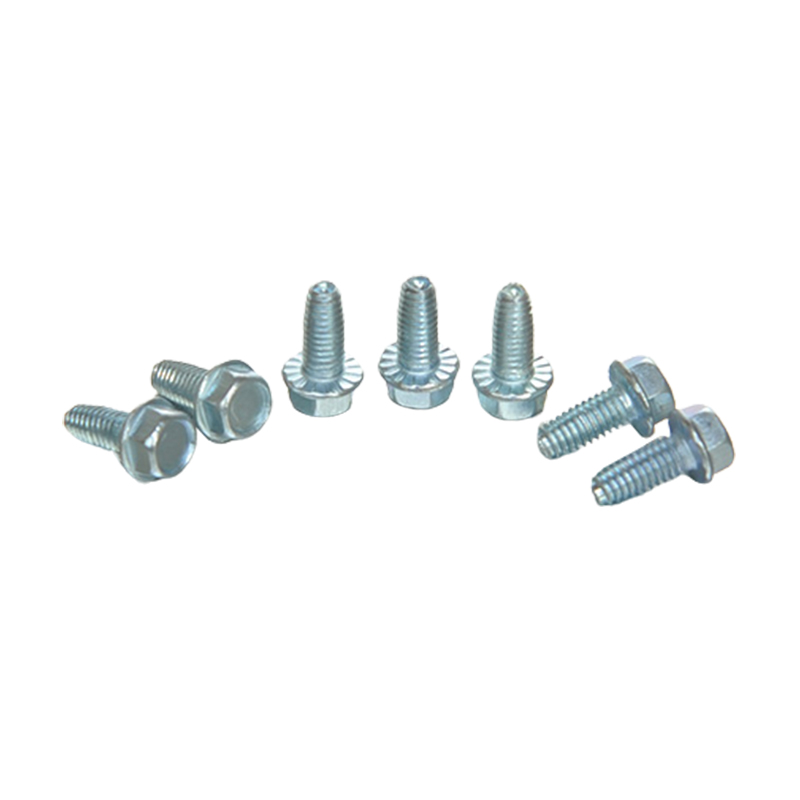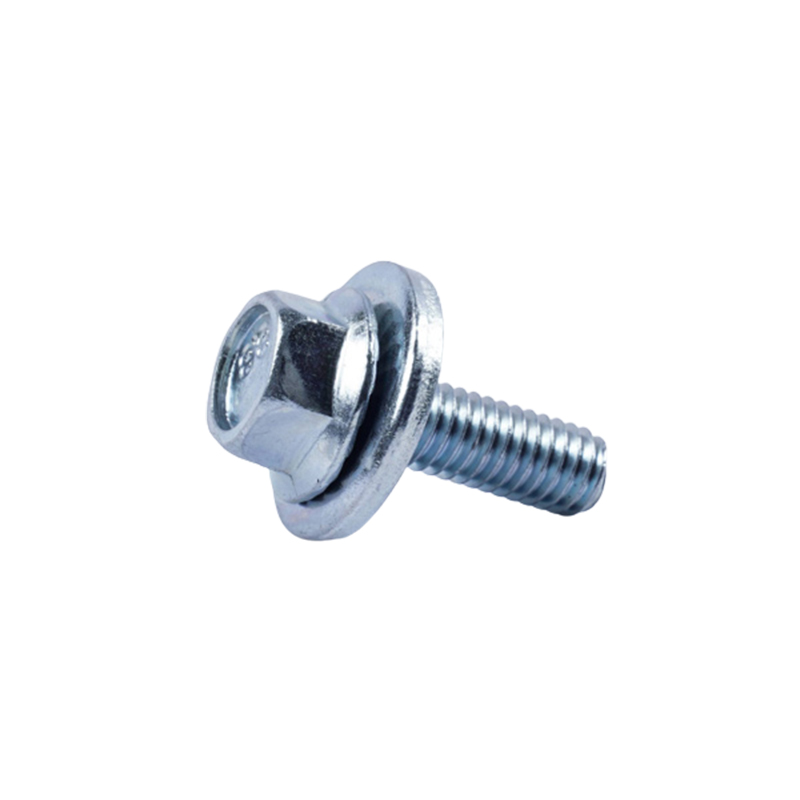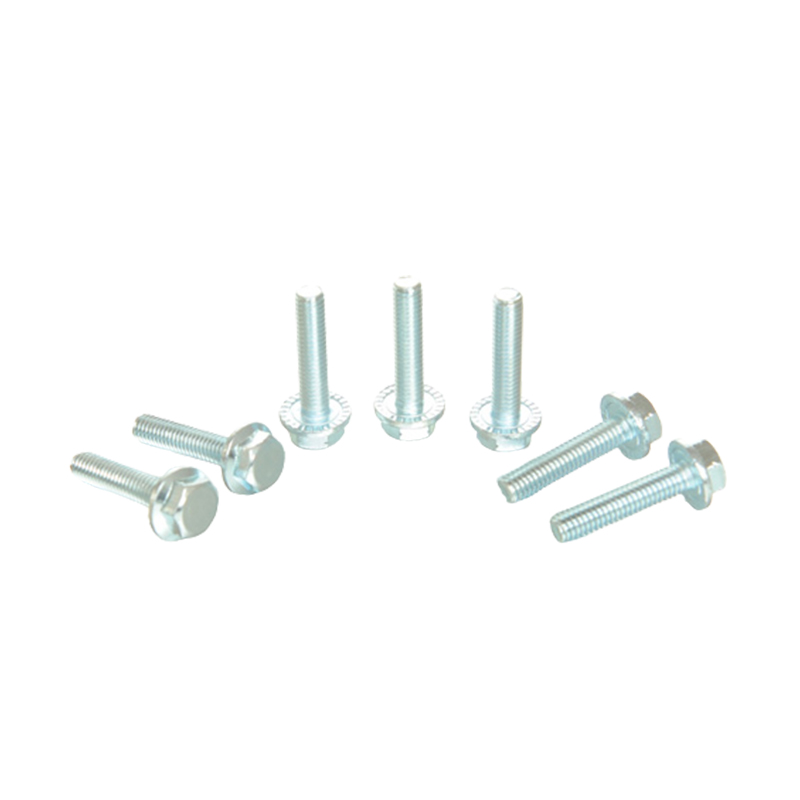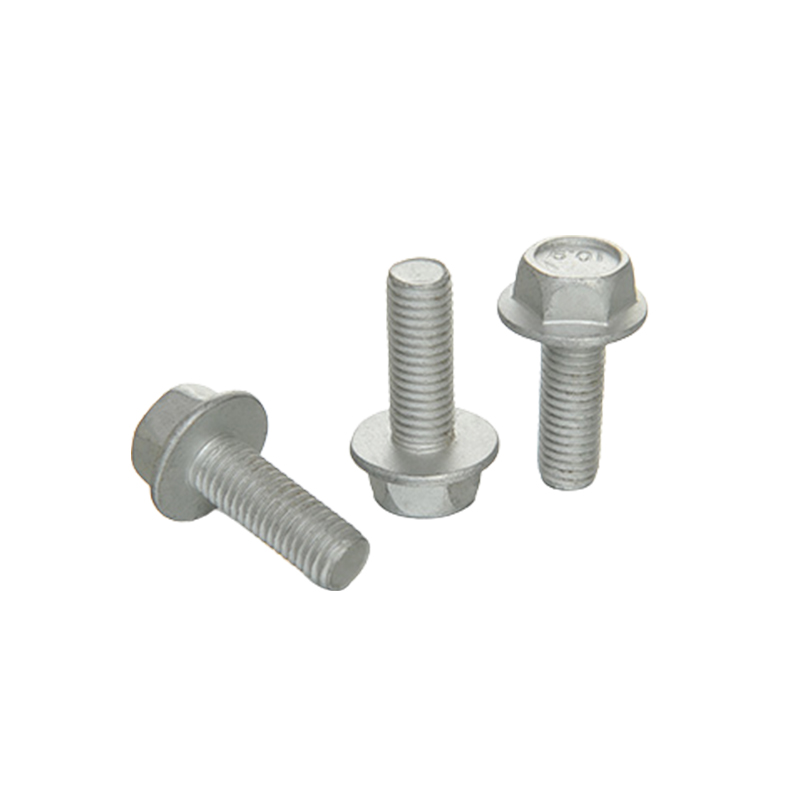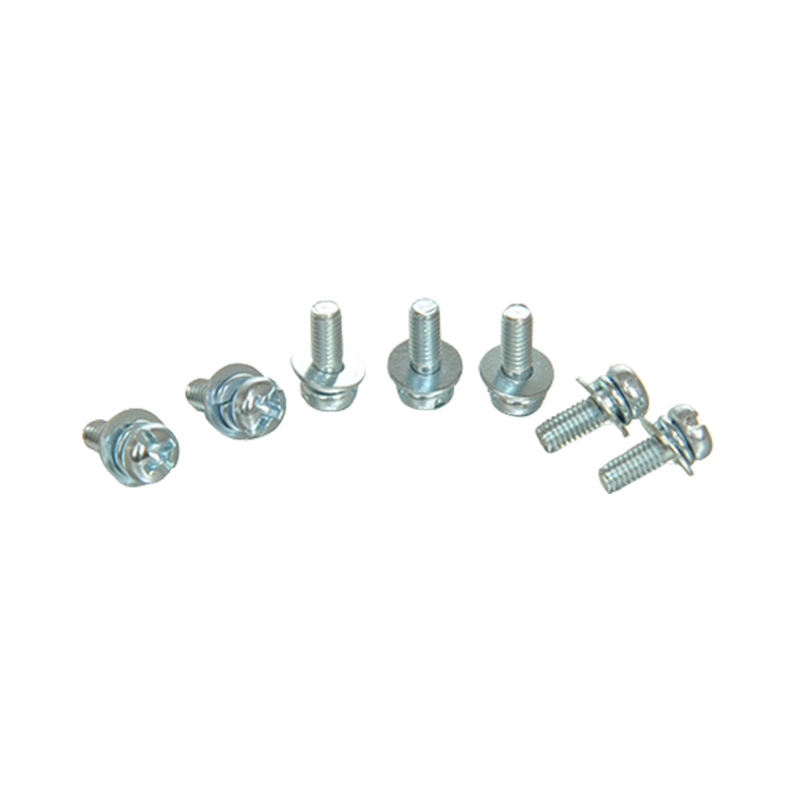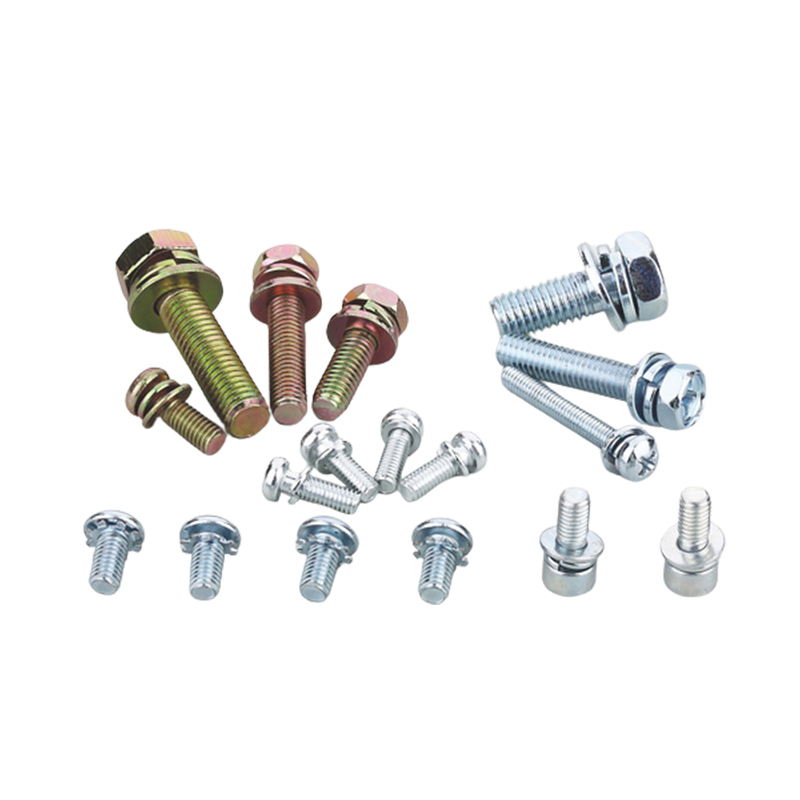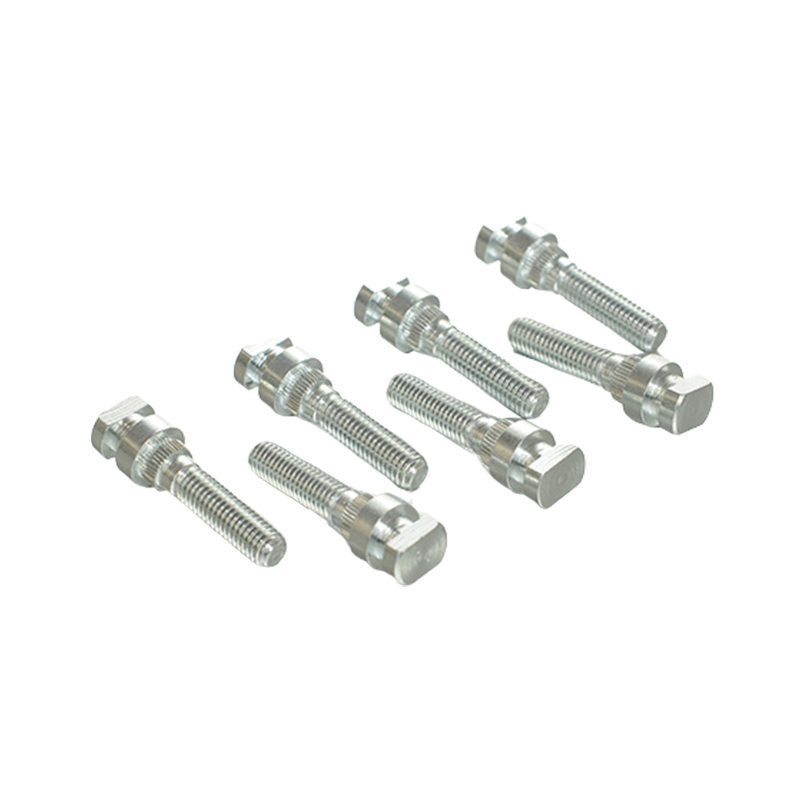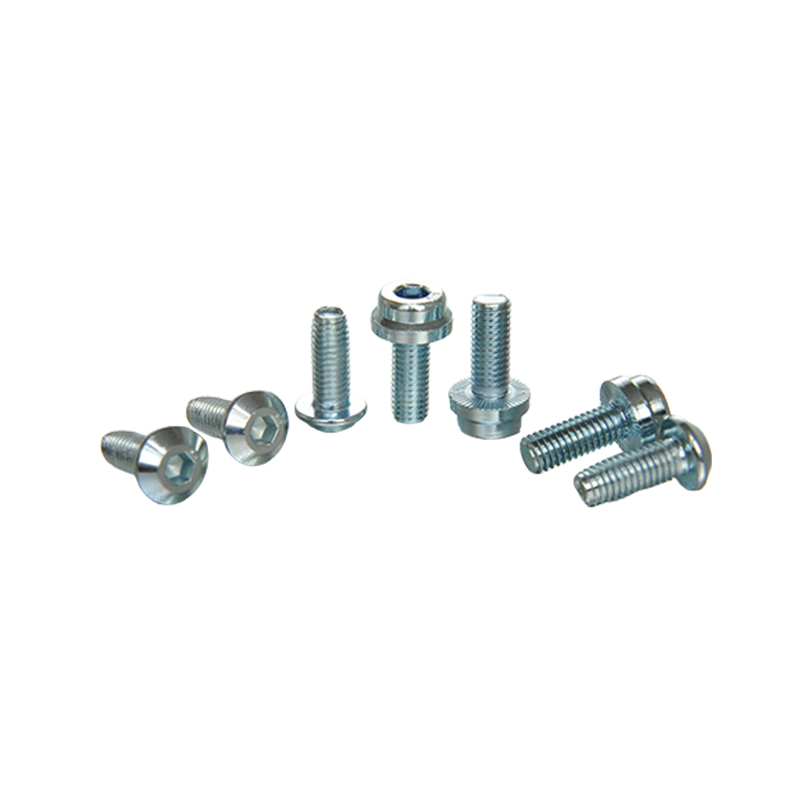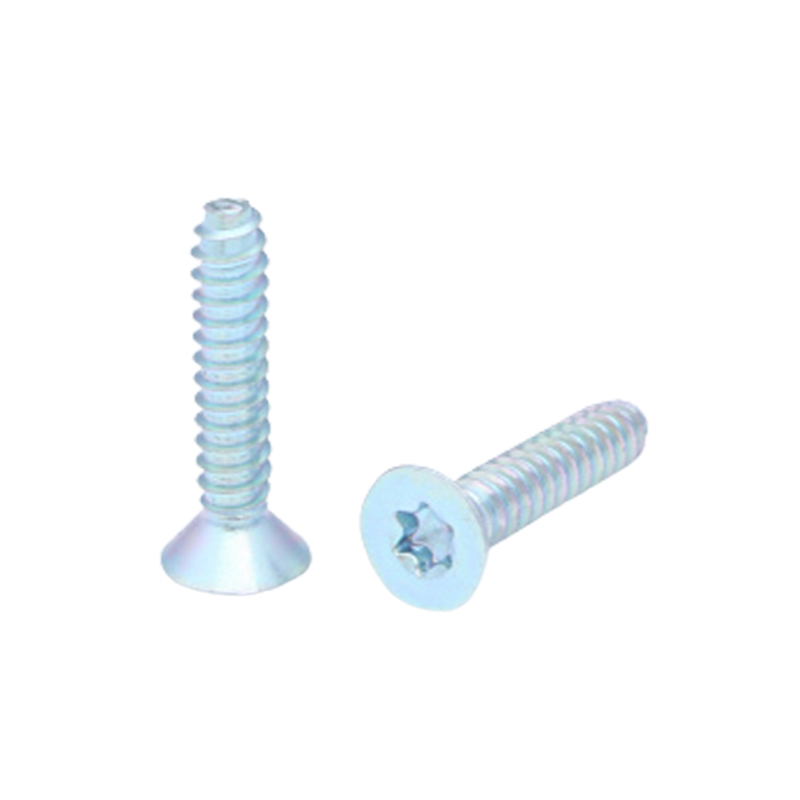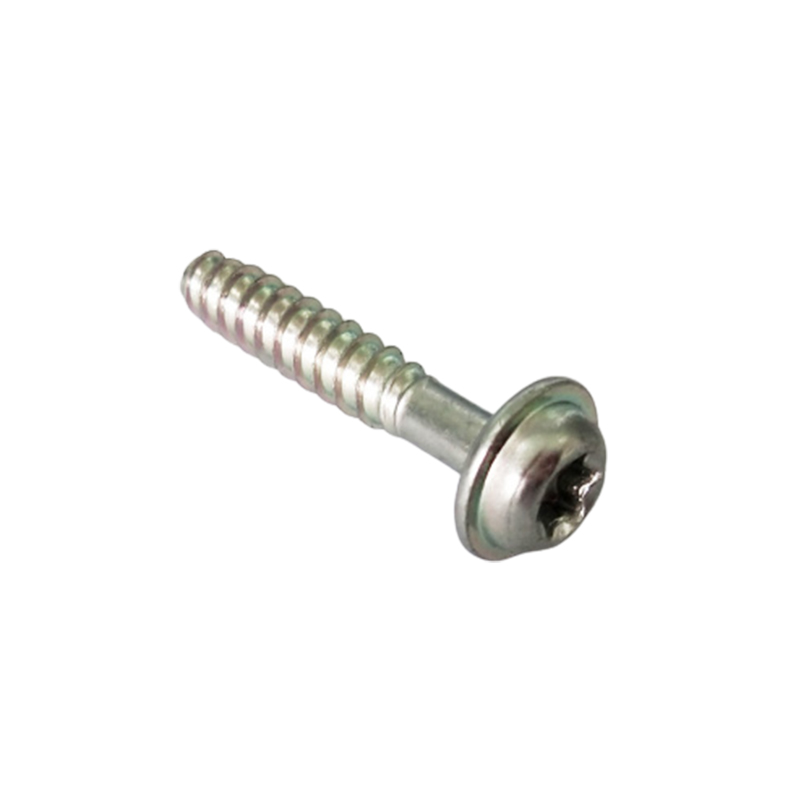Introduction to Torque in Fasteners
Torque refers to the rotational force applied to a fastener to ensure proper tightening. It plays an important role in achieving secure connections without over-stressing the material or causing deformation. Both triangle screws and regular screws, such as Phillips, slotted, or Torx, depend on torque application during installation. However, due to the geometric differences in their drive designs, the torque requirements and performance outcomes vary. Understanding these differences is essential in assessing whether triangle screws are suitable for applications where repeated tightening and loosening occur or where tamper resistance is prioritized.
Geometric Differences Between Triangle and Regular Screws
The design of a screw head influences torque transfer efficiency. Triangle screws feature a three-sided recess that offers limited contact points for the driver tool. Regular screws, such as Phillips or Torx, typically provide more contact surfaces, allowing torque to be distributed more evenly. This geometric difference is central to explaining why triangle screws have unique torque requirements compared to conventional screws.
| Screw Type | Recess Design | Number of Contact Points | Torque Transfer Efficiency |
|---|---|---|---|
| Triangle | Triangular recess | 3 | Medium |
| Phillips | Cross-shaped recess | 4 | Medium-High |
| Torx | Star-shaped recess | 6 | High |
| Slotted | Single straight groove | 2 | Low |
Torque Transfer Efficiency
Torque transfer efficiency measures how well the applied torque is transmitted from the driver tool to the screw without slippage or wear. Triangle screws generally show lower efficiency compared to Torx or hex screws because the triangular geometry produces concentrated stress points. This means that higher torque may risk damaging the recess, while insufficient torque may fail to secure the screw tightly. In contrast, regular screws with multiple contact points distribute force better and handle higher torque levels more consistently.
Recommended Torque Ranges
Manufacturers usually provide recommended torque ranges for different screw types to balance secure fastening with minimal risk of damage. Triangle screws are often used in tamper-resistant contexts where they may not need frequent adjustments, so their torque ranges are usually moderate. Regular screws, especially those used in structural or load-bearing applications, can tolerate wider torque ranges due to their geometry.
| Screw Type | Typical Torque Range (M4 size, Nm) | Common Application |
|---|---|---|
| Triangle | 0.8 – 1.2 | Tamper-resistant consumer products |
| Phillips | 1.0 – 1.5 | Electronics, light assembly |
| Torx | 1.5 – 2.0 | Automotive, machinery |
| Hex | 1.5 – 2.5 | Industrial and heavy-duty use |
Risk of Over-Tightening
Triangle screws are more prone to recess deformation under over-torque conditions. The sharp corners of the triangular recess can round off, leading to tool slippage and difficulty in removal. Regular screws like Torx are better at resisting over-torque because of their multiple distributed contact points. This means that technicians must exercise greater care when tightening triangle screws, often relying on controlled torque tools rather than manual estimation.
Influence of Material on Torque Requirements
The torque requirement is not only determined by screw geometry but also by the material used in manufacturing. Triangle screws made from stainless steel or alloy steel can withstand higher torque compared to those made from softer metals. Similarly, coated screws may require slightly different torque adjustments due to changes in surface friction. For both triangle and regular screws, applying torque beyond the material’s elastic limit results in permanent deformation or breakage.
| Material | Torque Capacity (Relative) | Common Use Case |
|---|---|---|
| Carbon Steel | Medium | General consumer applications |
| Stainless Steel | High | Outdoor or humid environments |
| Alloy Steel | High | Industrial and automotive use |
| Aluminum | Low | Lightweight assemblies |
Driver Tool Compatibility and Its Effect on Torque
Driver tool compatibility significantly impacts torque efficiency. Triangle screws require specialized tools with precision-matched triangular tips. If incorrect tools are used, torque transfer decreases, and the likelihood of recess wear increases. Regular screws, such as Phillips or Torx, are more forgiving in tool compatibility, although using worn-out drivers can still cause slippage. Therefore, for triangle screws, precise torque application combined with correct tooling is critical to minimize damage.
Application Scenarios and Torque Considerations
The choice between triangle screws and regular screws often depends on the intended application. For example, triangle screws are frequently found in public infrastructure, children’s toys, and consumer electronics where tamper resistance is required. In these cases, moderate torque suffices to ensure secure fastening without inviting tampering. Regular screws, on the other hand, dominate in high-torque scenarios such as automotive and machinery applications where repeated maintenance is expected.
| Application Type | Preferred Screw Type | Torque Requirement Emphasis |
|---|---|---|
| Consumer electronics | Triangle | Moderate, controlled |
| Public facilities | Triangle | Moderate, tamper-resistant |
| Automotive components | Torx/Hex | High, load-bearing |
| Household furniture | Phillips/Hex | Moderate, easy assembly |
Maintenance and Longevity Under Torque Stress
Repeated tightening and loosening cycles influence screw durability. Triangle screws, when exposed to repeated torque applications, may experience accelerated wear in the recess, reducing their long-term reliability. Regular screws, particularly Torx and hex designs, maintain structural integrity for longer under frequent torque cycles. This makes triangle screws more suitable for fixed installations rather than scenarios requiring regular maintenance.


